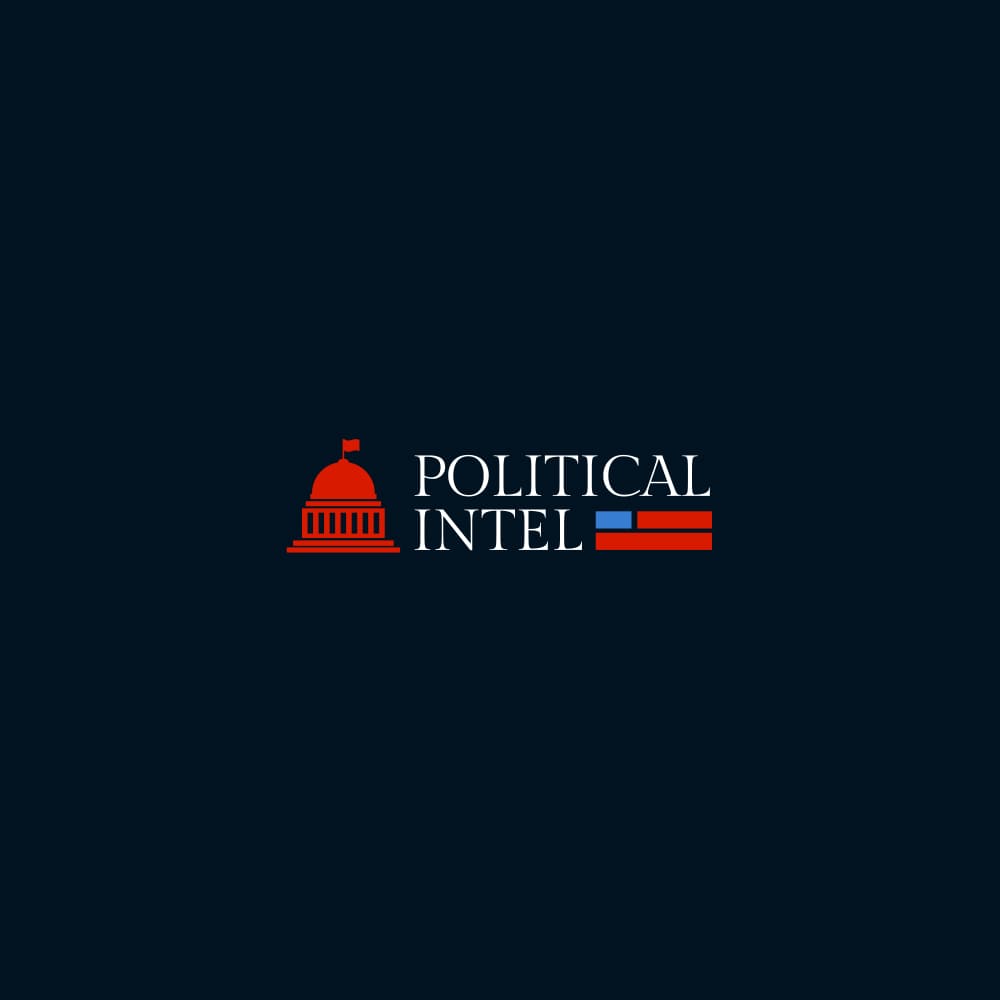Israeli airstrikes on Iranian targets have heightened tensions between the two nations, sparking a debate on President Trump’s foreign policy legacy.
At a Glance
- Israel conducted targeted airstrikes on Iran, resulting in the deaths of several top Iranian military officials and nuclear scientists.
- The attacks damaged Iran’s nuclear sites, including the main enrichment facility at Natanz.
- The United States described the action as “unilateral” and warned Iran against retaliating against U.S. targets.
- Leftist commentators blamed President Donald Trump for the escalation, citing his withdrawal from the Iran nuclear deal (JCPOA).
Increased Tensions and Strikes
On [recent date], Israel launched a series of airstrikes against Iranian targets, killing several top Iranian military officials and nuclear scientists. These strikes significantly damaged Iran’s nuclear facilities, including the key Natanz enrichment site. While Israel has conducted such operations independently, the implications reverberate across the region. U.S. officials described the action as decidedly “unilateral,” sending a clear message to Iran about America’s non-involvement.
Amid these developments, the United States warned Iran against retaliating against American interests. This action stresses the complexity of the Middle Eastern geopolitical landscape and the heightened state of alert among nations in the region.
Reactions and Criticisms
Following the strikes, social media networks were abuzz with intense discussions. Leftist commentators, including Ed Krassenstein, criticized Donald Trump’s decision to withdraw from the Iran nuclear deal (JCPOA) during his presidency. These critics argue that his diplomatic choices contributed to the current tensions. Ben Rhodes, a former Obama administration official, accused Trump of being undermined by Israeli Prime Minister Netanyahu.
In response, some commentators labeled these reactions as symptomatic of “Trump Derangement Syndrome,” where any global issue is attributed to his actions, often without substantial evidence. This narrative generates further polarizing discussions on social media, illustrating the enduring impact of Trump’s foreign policy decisions.
Future Implications
The current escalation between Israel and Iran, alongside the contentious debates centered on Trump’s policy, underscores the complexities and volatility in Middle Eastern geopolitics. The criticized JCPOA withdrawal marked a turning point that is still driving international discussions. As regional and global actors assess the extent of Trump’s influence, the situation remains fluid.
With social media amplifying opinions, understanding the entangled web of actions and reactions becomes crucial for grasping the dynamics of this ongoing conflict.
You may also like...

TRUMP SOFTENS STANCE – New IMMIGRATION Shift?
TRUMP SOFTENS STANCE – New IMMIGRATION Shift?
Donald Trump's immigration policies, a cornerstone of his presidential campaign,...

NUCLEAR STRIKE SHOCK – Israel HITS Natanz!
NUCLEAR STRIKE SHOCK – Israel HITS Natanz!
Amidst simmering tensions in the Middle East, Israel's "Operation Rising...

ISRAEL STRIKES IRAN – Trump’s LEGACY Debated!
ISRAEL STRIKES IRAN – Trump’s LEGACY Debated!
Israeli airstrikes on Iranian targets have heightened tensions between the...

NEWSOM BLOCKED – Judge OKs TROOP DEPLOYMENT
NEWSOM BLOCKED – Judge OKs TROOP DEPLOYMENT
A federal court has declined Governor Gavin Newsom's urgent plea...